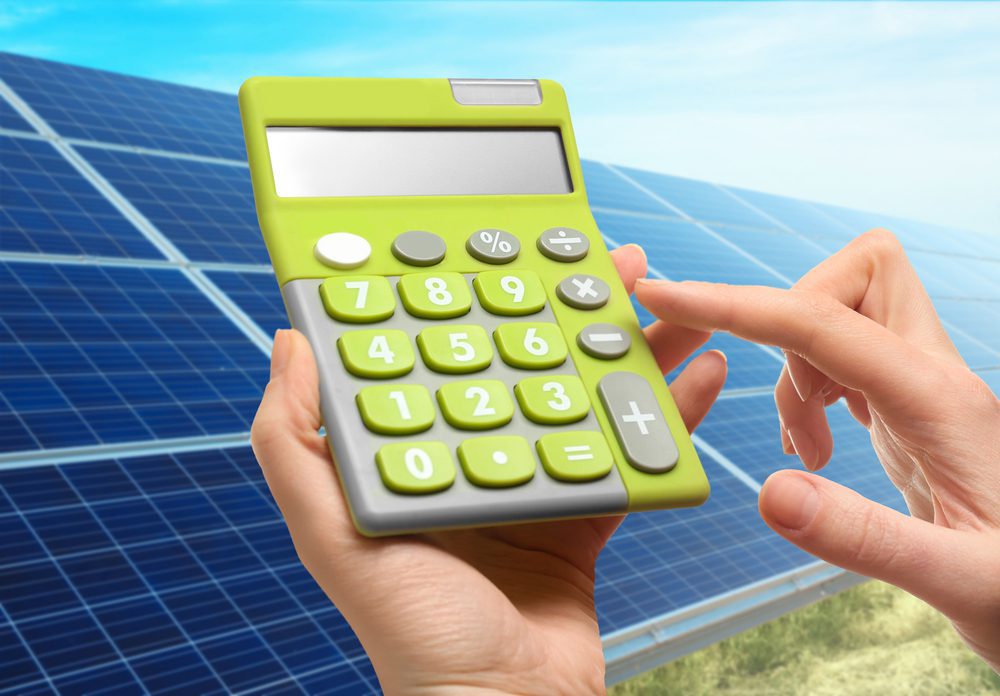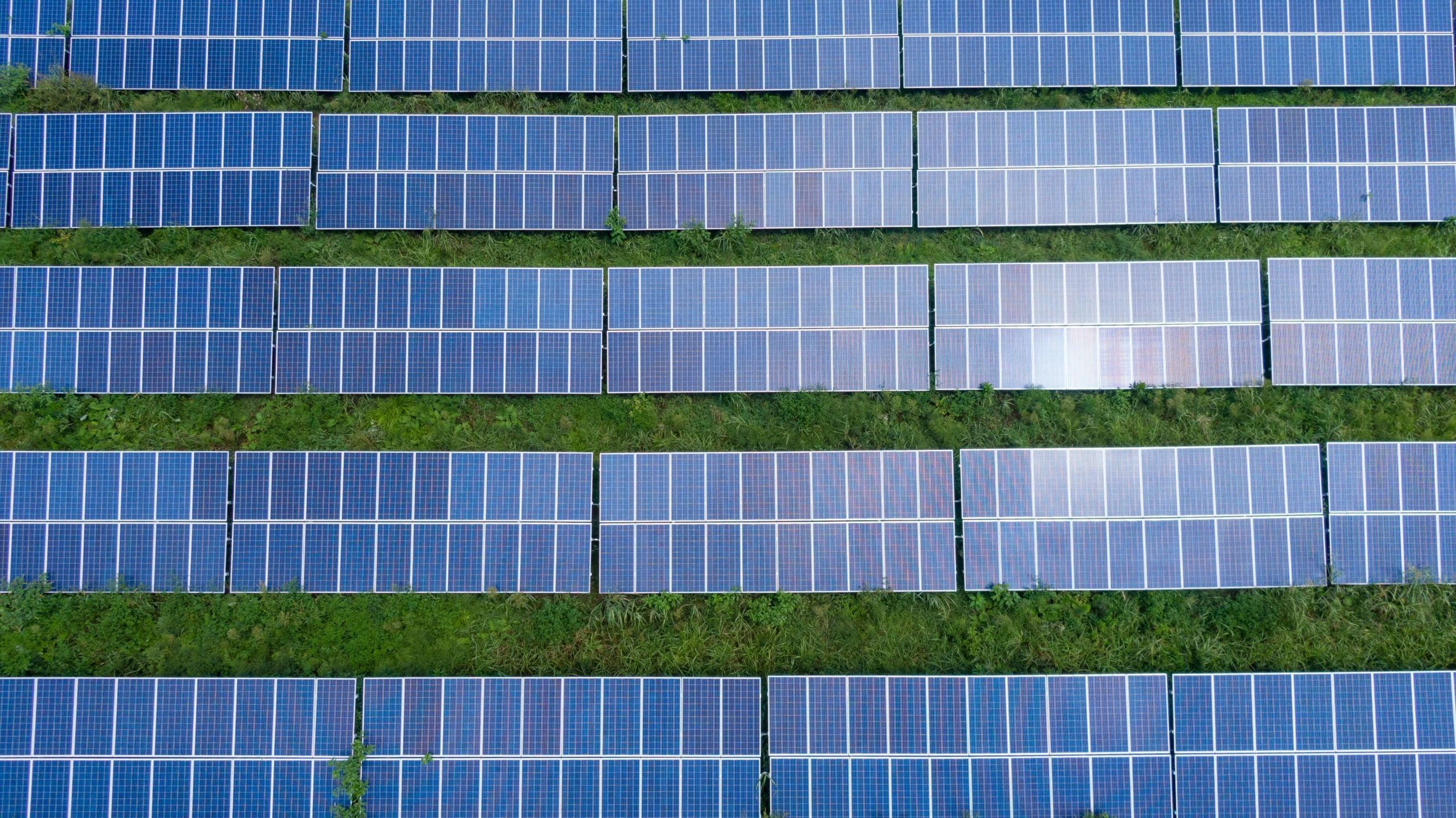Do solar panels reduce electricity bills? It’s the age-old question many have when it comes to solar energy. Solar panels have become an increasingly popular investment choice for Queenslanders, thanks to our consistent sunny weather.
But is there actually a noticeable difference in your electricity bill after a solar system installation, and is it really possible to achieve a $0 power bill? In this blog, we’ll explore how solar panels work and their benefits, discover how much you could save by switching to green energy and much more!
What we know — the average energy bill and solar’s uptake across Queensland

If you’ve been keeping on top of the latest finance news or taken a look at your spending recently, you’ll know that the cost of living has skyrocketed over the last few years — and that includes the average power bill. According to Alinta Energy chief executive Jeff Dimery, power bills in Queensland are set to soar by 35% in 2023, placing more financial strain on Queensland budgets.
To keep extra cash in their pocket, many Queenslanders have opted to install home solar systems. The result? Mass uptake. In 2022, the Queensland Government revealed that over 722,000 Queensland homes now have solar.
Comparison site Canstar also revealed that Queensland is one of the top states that receive the highest household solar credit at $271 per quarter, or $1,084 a year.
Now that we know the impact of solar, let’s look at how they work.
How do solar panels work?
There are four components of a standard home solar system. They are:
- The panels — These are the grids that sit on your home’s roof and are the most visible part of your home solar system. Your photovoltaic panels absorb the sun’s rays before it is converted into electricity.
- The inverter — Your inverter converts sunlight into an electric current. There are two types of inverters: string inverters and microinverters. String inverters are usually installed on a wall or shaded area, while microinverters are installed on the back of each panel.
- A battery — While they are not a necessity, many homeowners complete their solar installation with a battery. Your solar battery stores any excess renewable energy your system generates throughout the day, so you can continue using clean energy even after the sun goes down.
During the day, your solar photovoltaic system absorbs the sun’s rays, converting them into a direct current (DC). Your solar inverter converts the DC into an alternating current (AC) — electricity that can power your home.
Will solar panels reduce my electric bill?
Yes! As you’ll be using the sun’s rays to generate your own power, you won’t rely on your energy provider as much and will experience a lower bill. The amount you’re set to save on your electricity bills with your solar system depends on several factors, like your energy consumption, how much sunlight your home receives and whether you are selling excess power back to the grid or storing it in a battery.
Fortunately, houses and buildings in Queensland will save the most out of any other state in Australia, thanks to its location. According to Hush Energy, Queensland has the world’s greatest solar radiation concentration. This means Queenslanders are in the best spot to benefit from the savings offered by solar power.
What are the other benefits of installing solar power for homes?
While there’s nothing better than watching your power bill fall, there are plenty of other benefits that come with installing solar, such as:
- Avoiding blackouts — As solar is a clean, renewable energy source, if you install a battery, your home can avoid blackouts during summer or when energy consumption is at its highest.
- Potential profits — If you don’t install a battery, you still have the chance to maximise your excess power by selling it back to the grid. This is called the feed-in tariff.
- Reducing your carbon footprint — As solar is a clean energy source, you’ll be making a positive contribution to reducing your carbon footprint. Research from Go Solar Quotes shows that solar panels offset around 50g of carbon dioxide for every kilowatt-hour of power they produce. Solar also requires little to no water, unlike fossil fuels, which use 383 billion litres of water annually.
- Increase your property’s value — Switching to solar can also increase the value of your home if you ever decide to sell. Buyers often look for smart technologies while searching for the perfect home and are willing to pay top dollar for it.
The difference between residential and commercial solar panels
Solar panels are a fantastic addition to any residential property, but they also make for excellent commercial investments. If you’re a business owner looking to make the switch to solar power, you’ll be happy to know that your business has the potential to save thousands of dollars annually! We think no better investment can deliver an ROI than commercial solar panels.
Commercial solar has one key difference from residential solar — its size. Commercial solar panels perform just like residential solar systems, they are simply naturally larger in scale.
Looking after your residential or commercial solar power system
If well maintained, solar panels can last up to 25 years and, by our calculation, features a payback period of only five. That means once your installation is complete, it will have paid itself off in just five years. They’re also highly low maintenance and are mostly self-cleaning in the rain.
As part of our service, Green Energy Technologies provide ongoing maintenance and servicing for our solar panels, so you won’t need to lift a finger. Using GET360 monitoring, you will be alerted when your system isn’t performing as expected. If this happens, all you need to do is get in touch, and we’ll organise a service as soon as possible.
How else can I lower my electricity bill?
One of the most common questions we get asked by clients is how they can continue to reduce their power bills post-solar. Lowering your annual bill comes down to being smarter with your consumption — here are some of the ways you can do this:
- Switching appliances off at the wall — While you may not be using your appliances, they still continue to guzzle energy! Make an effort to switch appliances off at the wall when you’re done using them.
- Wash clothes in cold water — Washing your clothes in cold water is just as effective as washing them in hot water. The only difference is that cold water uses less electricity, lowering your bill in the process.
- Upgrade to energy-efficient lighting — Lighting accounts for around 10% of your annual electricity bill, so it’s never a bad idea to switch bulbs over to energy-efficient ones.
- Put the air conditioner on its most efficient setting — Australia is known for its sweltering summers and chilly winters, which means households heavily rely on their heating and cooling systems. However, these systems account for around 40% of your annual bill. Keep your cooling between 23 and 24 degrees during summer and 18 to 20 degrees in winter. These temperatures ensure your system runs efficiently while keeping costs low.
Green Energy Technologies — your number one choice for solar power for homes and businesses
With Green Energy Technologies, you can rest assured that your solar investment is in safe hands, as all our staff CEC qualified installers with extensive experience in the field. We service homes and businesses across the Whitsundays, Townsville and Mackay areas. Call us today at 07 4940 2900 to discuss your options, or head online to get a quote.



